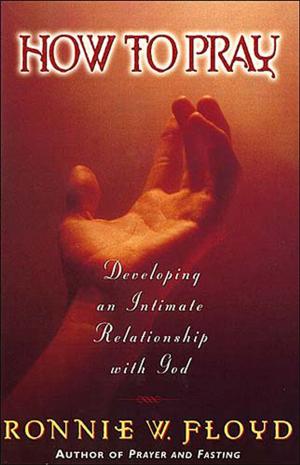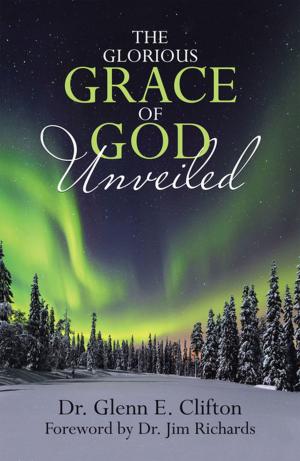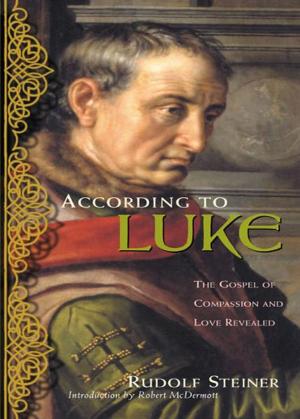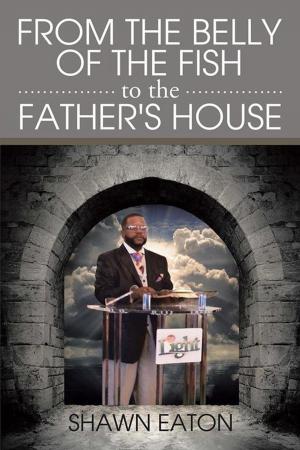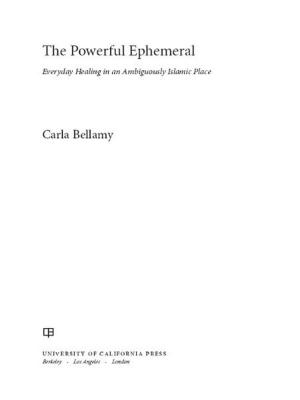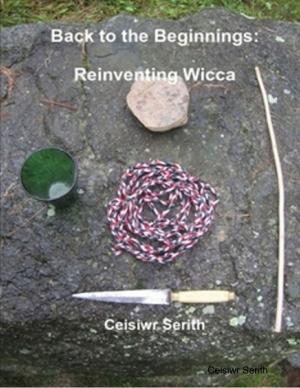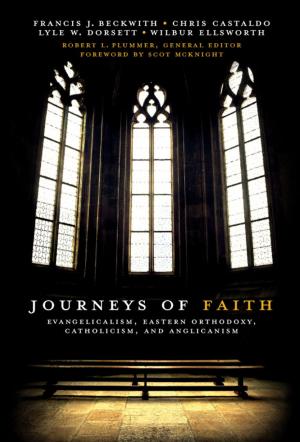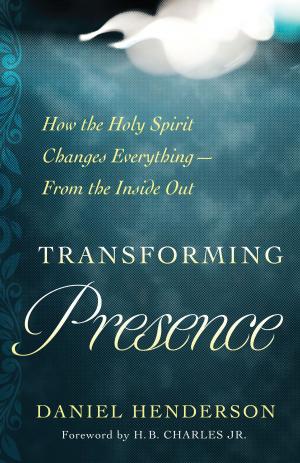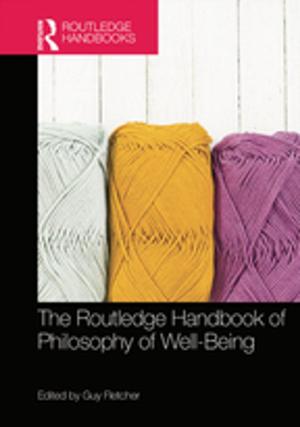Water from an Ancient Well: Celtic Spirituality for Modern Life
Nonfiction, Religion & Spirituality, Inspiration & Meditation, Mysticism, Judaism, Spirituality| Author: | Kenneth McIntosh | ISBN: | 9781933630991 |
| Publisher: | Anamchara Books | Publication: | September 6, 2011 |
| Imprint: | Language: | English |
| Author: | Kenneth McIntosh |
| ISBN: | 9781933630991 |
| Publisher: | Anamchara Books |
| Publication: | September 6, 2011 |
| Imprint: | |
| Language: | English |
Liminal space is that threshold between two different spaces or realities. In his book, Water From an Ancient Well, McIntosh provides the liminal space between ancient Celtic spirituality and our modern-day faith journey. Ancient stories of Celtic saints such as Patrick, Brigid and Columba appear along contemporary stories of faith, often times from the author's own life experiences. It is upon these stories and the history of the Celts that McIntosh draws modern applications to everyday life, the "middle issues" as George Hunter describes them in The Celtic Way of Evangelism.
McIntosh arranges the book in such a way that it embraces the fluidity of the Celtic knot. Rather than a beginning to end sequence, the author intends the book to be enjoyed in a nonlinear fashion. Each chapter is an independent essay and can be read however one wishes. The chapters themselves intertwine three basic aspects; stories, and examination of theology and history, and modern applications. Even these three focal points reflect the love of trinity found in Celtic spirituality.
Whether you are steeped in Celtic spirituality or a novice, you will find this book a fascinating read. Historical, practical and at times, just plain fun, this is a good book to add to your collection.
Liminal space is that threshold between two different spaces or realities. In his book, Water From an Ancient Well, McIntosh provides the liminal space between ancient Celtic spirituality and our modern-day faith journey. Ancient stories of Celtic saints such as Patrick, Brigid and Columba appear along contemporary stories of faith, often times from the author's own life experiences. It is upon these stories and the history of the Celts that McIntosh draws modern applications to everyday life, the "middle issues" as George Hunter describes them in The Celtic Way of Evangelism.
McIntosh arranges the book in such a way that it embraces the fluidity of the Celtic knot. Rather than a beginning to end sequence, the author intends the book to be enjoyed in a nonlinear fashion. Each chapter is an independent essay and can be read however one wishes. The chapters themselves intertwine three basic aspects; stories, and examination of theology and history, and modern applications. Even these three focal points reflect the love of trinity found in Celtic spirituality.
Whether you are steeped in Celtic spirituality or a novice, you will find this book a fascinating read. Historical, practical and at times, just plain fun, this is a good book to add to your collection.

